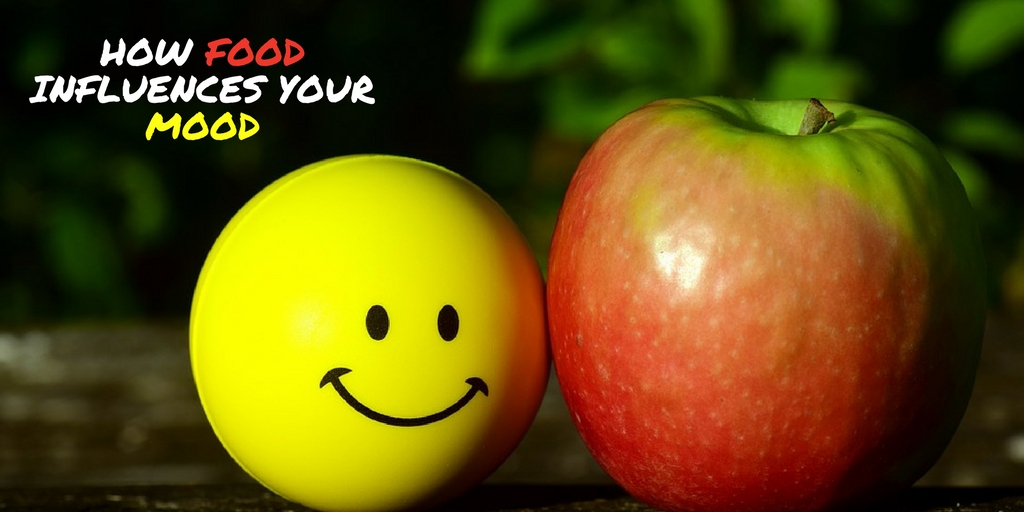
Learning to feel differently about food includes recognising the link between nutrition and mental wellbeing. There is no point in achieving a slimmer body if the price is depression and increased anxiety. Scientific researchers suggest people should be cautious in how they reduce their calorie intake while attempting to slim down as research findings show that sudden changes in nutrition, or reducing certain nutrients in a diet, can result in a worsening of depressive symptoms. (Sathyanarayana et al, 2008)
A study in the British Journal of Psychiatry (Akbaraly et al, 2009) also found evidence that eating a wide range of real foods versus processed foods of poor nutritional quality increased the likelihood of depression.
When people abruptly stop eating large amounts of processed foods containing unhealthy fats, and loaded with sugar, they can often experience withdrawal symptoms similar to those of going “cold turkey” from drugs. The withdrawal symptoms can last for several days and for some people the symptoms of headache, muscle pain and feeling below par can be powerful enough for them to return to their old eating habits just to make them feel “normal” again. Stick with the process, though, as the rewards will far outweigh any temporary discomfort.
Other nutritional deficiencies have a part to play in feeling low or even depressed. These include deficiencies in zinc, omega-3 fats, B vitamins, B6 and B12 especially, and vitamin D.
Missing meals can cause a dip in blood sugar levels, resulting in the release of adrenaline which increases feelings of anxiety and can even be a trigger for raised levels of anxiety generally.
Disordered eating often involves binge eating. This causes physical discomfort but can also often be a trigger for feelings of despair and shame. If overeating happens late at night, the inevitable bloating can interfere with the ability to sleep, again lowering mood.
Following a restrictive diet where carbohydrates are eliminated has an impact on serotonin levels in the brain that can lead to feelings of depression. We encourage eating a balance of complex, unrefined starchy carbohydrates such as vegetables and protein and healthy fats to maintain a positive mood, and promote satiety.
Making changes towards healthier food choices is obviously beneficial on many different levels. The changeover can happen during a radical period when mass changes are made, or one meal at a time, gradually reducing the amount of processed sugars and high fat foods that are eaten. How this is tackled is down to personal choice, and what best suits each individual.
In essence, a healthy diet will not cause ecstatic happiness but a poor diet could be a contributing factor to feeling low, so it’s important for mental wellbeing to eat a wide variety of real foods.
This blog is taken from How to Feel Differently About Food by Sally Baker and Liz Hogon. You can read the first chapter here!
